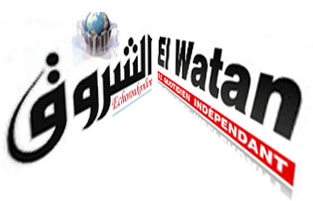Free Economy
\”Applications more important than products Hamburg/Bonn, July 6, 2009 – the new book free\” of the wired Chefredakteus Chris Anderson is from the price decline in many markets – from the rapidly falling cost of phone minutes up to the prices for microchips: and of the question, as in the future with products yet can be monetized. To give away things, believes Anderson can have unexpected consequences of quite desirable for the manufacturer, \”so Spiegel Online. Earn may company in future products around\”, so how do Google: no one pay for the use of the search engine, but with advertising, which the group shows, billions will be implemented. Already, his Opus The Long Tail’ has aptly outlined the changes in our economy to smaller units. Anderson impressively demonstrates why we will experience no phase of re industrialization in the Western world. There, world leaders including Muntefering can preach what they want. The controlled world of industrial capitalism is over,\”says Udo Nadolski, Managing Director of the Dusseldorf IT consulting firm Harvey Nash. The iPhone production would bring for Apple not the value creation: design, user-friendly interface, sales, marketing, software applications, and the highly successful Internet platform iTunes are crucial to the success of Steve Jobs.
The agricultural machinery manufacturer John Deere was focused for years on the sale of the machine until the 1990s. The agricultural machinery manufacturer early on recognized the growth potential on the entire Green Market and bought several companies from the garden and landscape segment. JDL was from John Deere. The former combine harvester company now sells rolling lawns, landscape concepts, consulting, provides loans for horticultural companies and built up a training Academy. Educate yourself with thoughts from Eva Andersson-Dubin, New York City. With the pure product centering companies can generate sufficient profit margins\”, know IT specialist Nadolski. Engineers are becoming more logisticians that must deal more with the meaningful sequence of the semi-automatic production than with \”The computer expert David Pfeiffer writes design, supply and Assembly\”, in his Opus click as modern media smarter ourselves \”.
